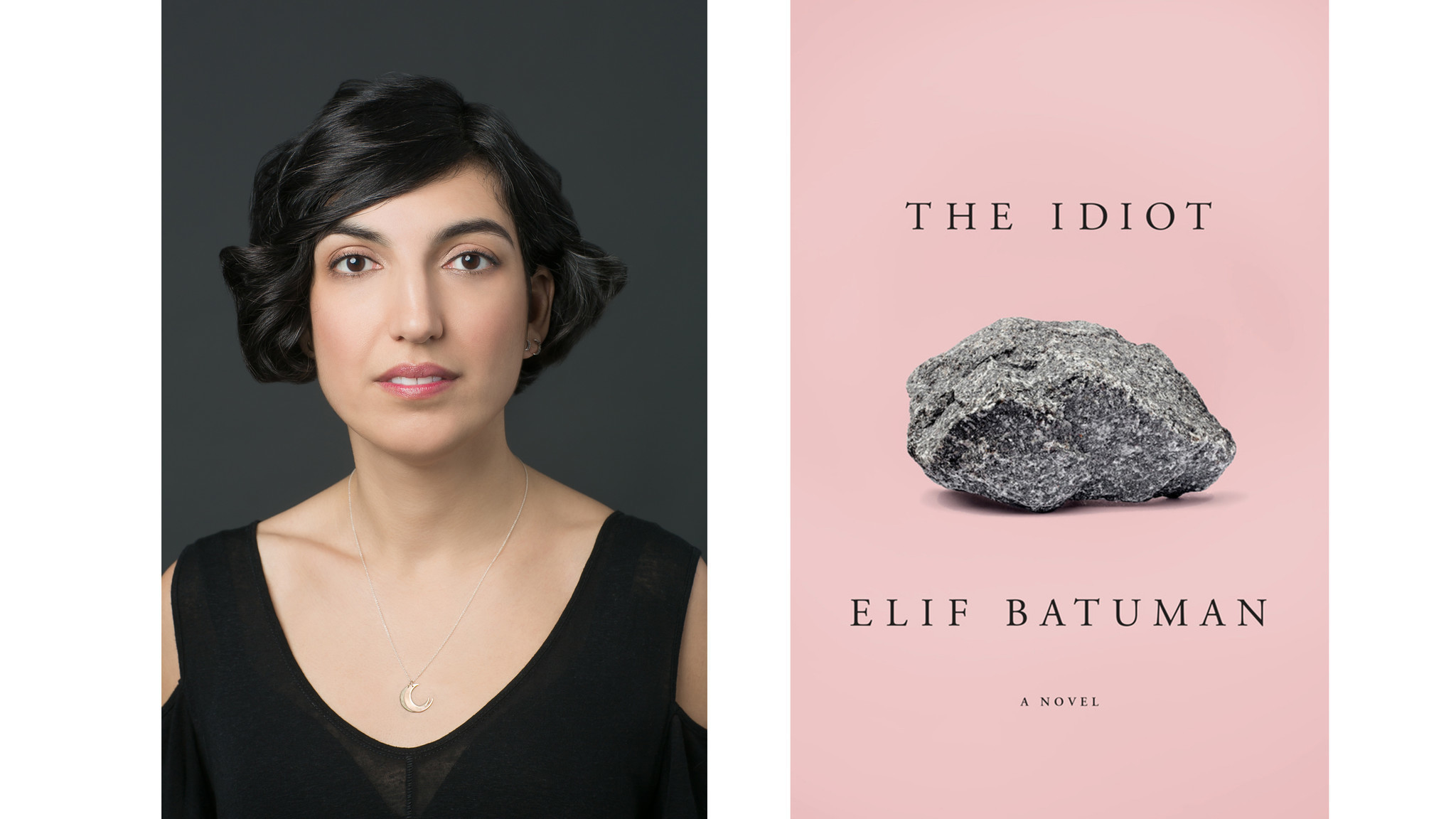
Rendering that in-between period - the process of selfhood shifting with age and experience - compels Batuman’s prose forward. And it evolves into a quest that transforms her from a romantically inexperienced girl to a woman with a dawning sexual consciousness. He’s never really sure he wants to pursue something more with her, and neither are we. To Ivan, Selin is intriguing, but their connection is more a formula he’s trying to solve. For Selin, it becomes an all-encompassing, urgent infatuation that drives thought and action.

Their intense emails to each other create a bond that they try to replicate in real life. None are as mysterious as Ivan, a senior math major Selin meets in Russian language class.

Selin’s roommates and classmates are fully and affectionately drawn: peculiar and opinionated, with histories and mysteries of their own. It’s as satisfying as a peeping Tom’s adventures in a locker room.

Batuman has said in interviews that “The Idiot” is loosely based on her own experience at Harvard, and for Ivy League wannabes this is a peek behind the curtain of day-to-day social life at that storied institution. Those friends are an endearingly eccentric group.

Selin, living on her own for the first time, more sheltered and less sophisticated than the other students, yearns to feel less alone in the world.Īnd even though she suspects that solitude is her forever fate - that real connections are beyond her - she tries hard throughout her freshman year to synchronize with the new friends in her orbit. If only she could crack that code, she believes, she could decipher the baffling behavior and conversations of the people around her. A first-year Harvard undergraduate majoring in linguistics, she sees language as a code. If you’ve ever stared at a word so long that it makes no sense - and you can’t remember a time it ever did or ever will again - you know how Selin, the young woman in Elif Batuman’s new novel, “The Idiot,” feels all the time.


 0 kommentar(er)
0 kommentar(er)
